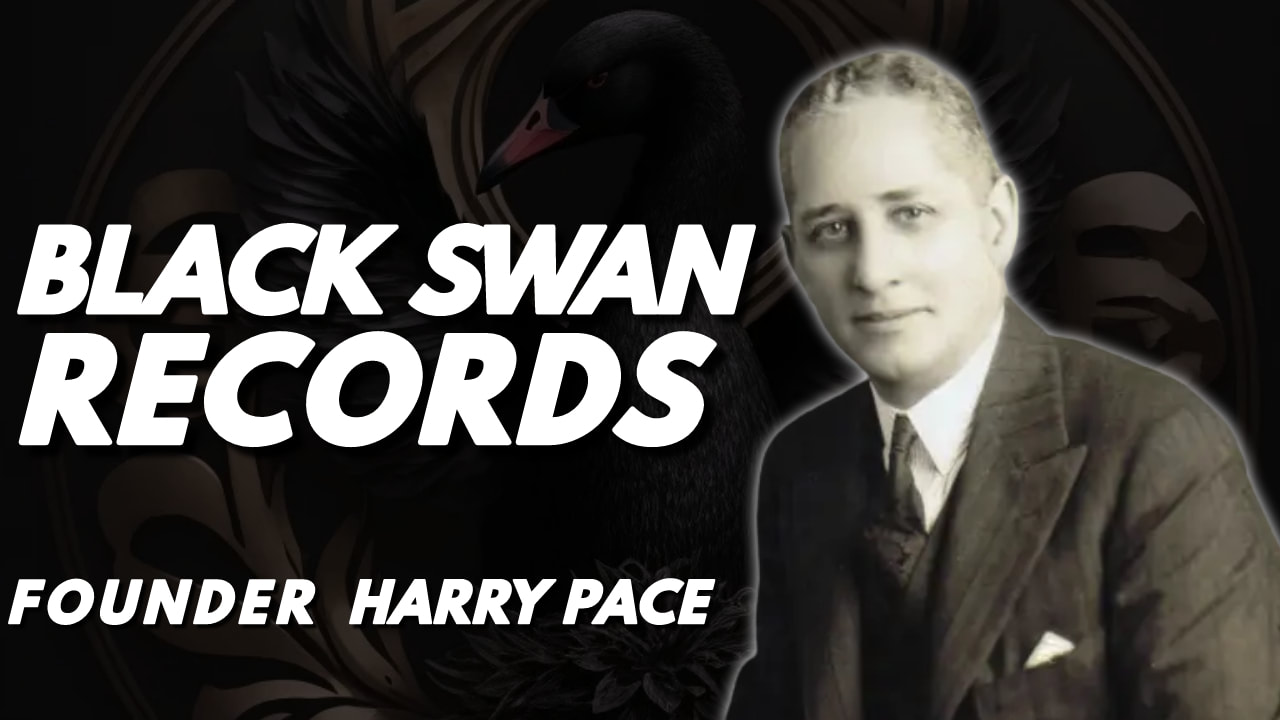|
In the early 1920s, against the backdrop of racial segregation and the Harlem Renaissance, a pioneering African-American entrepreneur named Harry Pace embarked on a journey that forever changed the landscape of the music industry. Born on January 6, 1884, in Covington, Georgia, Pace was a man with a vision that transcended the limitations of his era. Harry Pace's early life was marked by perseverance and determination. He excelled academically, earning a degree in pharmaceutical chemistry from Atlanta University, and moved to New York City, where he found work with W.E.B. Du Bois at the publishing company, The Crisis. It was here that he honed his business acumen and developed a passion for promoting African-American culture. The cultural explosion known as the Harlem Renaissance was in full swing, and Harry Pace was at its epicenter. His close associations with luminaries like Langston Hughes and Claude McKay inspired him to contribute to the artistic movement in a unique way. In 1921, Harry Pace co-founded Black Swan Records, the first black-owned record label in the United States. The name "Black Swan" symbolized grace, elegance, and the determination to soar above racial barriers. With a modest initial investment and unwavering determination, Pace sought to provide a platform for African-American artists who had long been marginalized by the mainstream music industry. Black Swan Records quickly became a beacon of hope for black musicians who had struggled to gain recognition and fair compensation for their talents. Ethel Waters, Fletcher Henderson, and Alberta Hunter were among the first artists to sign with the label, helping to shape its unique sound and identity. Despite facing immense financial and logistical challenges, Harry Pace's dedication to his artists and his commitment to quality music allowed Black Swan Records to thrive. The label produced a diverse array of genres, including blues, jazz, gospel, and classical, paving the way for future black musicians and entertainers. As the Great Migration brought millions of African Americans from the rural South to urban centers like New York, Black Swan Records became a cultural touchstone, reflecting the experiences and aspirations of a newly empowered community. The Great Depression and mounting financial pressures eventually took their toll on Black Swan Records, leading to its closure in 1923. Despite its relatively short existence, the label's impact on the music industry and African-American culture endured. Harry Pace continued his legacy by co-founding the Supreme Life Insurance Company, contributing to the economic empowerment of black communities. In recent decades, the music of Black Swan Records has been rediscovered and celebrated, ensuring that the pioneering work of Harry Pace and the artists of the label will not be forgotten. Their influence on subsequent generations of musicians and entrepreneurs is immeasurable. "Harmony in the Shadows: The Black Swan Records Saga" is a testament to the resilience, creativity, and indomitable spirit of Harry Pace and the artists who made Black Swan Records a beacon of hope during a tumultuous era. Their enduring legacy reminds us of the power of music to unite, and inspire, people of all races. Harry Pace's vision and determination continue to empower generations, serving as a beacon of hope for those who dare to dream beyond the constraints of their time.
0 Comments
Leave a Reply. |
Details
Categories
All
Click Here to join our mailing list
|
Contact Us: |
Connect With Us |
Site powered by PIT Web Design


 RSS Feed
RSS Feed



